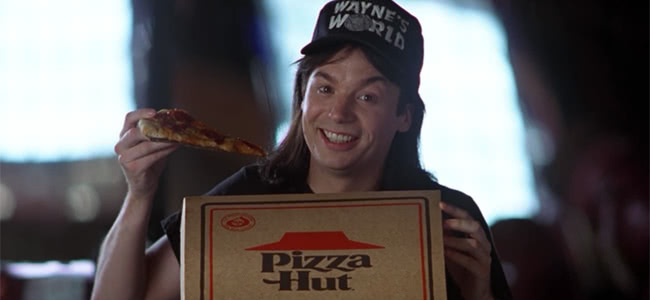Levi Lennox is prolific. The young British hip-hop producer makes more beats than his star clients, which includes the likes of Wiz Khalifa, YG, and former One Directioner Zayn Malik, will ever use, relegating the tracks to the far corners of his hard drive.
But instead of letting them sit forgotten on his MacBook, Lennox turns many of his unused beats over to a new record label, Block, who slap on vocals and then sell them to be used in commercials, TV shows, movies, and other media. They essentially help him sell out.
As Rolling Stone reports, the UK label has established itself in an increasingly lucrative corner of the record business known as “production music”, in which companies maintain extensive song catalogs specifically for commercial use.
Block’s parent is Universal Publishing Production Music, owned by Universal, the world’s biggest record company. The label’s catalog comprises more than 500,000 tracks compiled on albums with titles like Emotional Indie Songs, Bling Bling Hip Hop, and Trapped on the Dance Floor.
More recent releases include equally descriptive titles like R’N’B, Attitude, Urban Rhythms, Uplifting, and Pop, and the label is banking on cultivating a catalog of rising producers like Lennox, Alan Sampson, and Tiago.
Their tracks are brimming with quality beats, contemporary credibility, and star power by association, since many of the producers have worked with big names, Tiago with Rihanna for example. Block don’t trade in the kind of cheaply made productions synonymous with TV music compilations.
“It’s not somebody sitting in a garage at home with a keyboard hammering something out,” Gary Gross, the company’s worldwide president, tells Rolling Stone. “These are real artists creating authentic urban music for our clients to use.”
Block, which only launched last week, is one of several large companies focusing on providing advertisers and Hollywood studios with original music. Often called “library music”, Block are continuing an old show business tradition and modernising it for the 21st Century.
Library music dates back to Lalo Schifrin’s famous themes for Mission: Impossible and other TV shows and Johnny Pearson’s 1970 ‘Heavy Action’ track for Monday Night Football. These days, library music is big business.
APM, one of Block’s competitors, regularly place tracks in big-budget, box office-smashing movies like Fast 7 and Gone Girl, and their Latin-EDM anthem ‘Scorcher 60’ will be familiar to anybody who’s played Call of Duty: Ghosts.
Block’s strategy is to distinguish themselves from the faceless and often cliched music that accompanies many shows and ads. Just think, how many times have you heard what you’re sure is the same dubstep-like beat in a car commercial?
“A lot of these producers will go into a session and they’ll end up with 90 percent of the work that’s never used by Rihanna or someone like that, so it just sits there,” says Jeff Greenfield, co-founder of C3 Metrics, who measure advertising effectiveness.
“Imagine going in on a pitch for Honda, and you have an original piece of music for a hot artist — you’re going to get those people in the room excited.” And it’s not just the labels and marketing executives who stand to benefit.
By “selling in”, artists can actually see a considerable profit from their music, something that’s becoming ever harder in this day and age. With CD and download sales dropping and the war on royalty rates just beginning, commercial music has become a primary way for artists to make a living.
“Production music was seen as a second choice to mainstream commercial music. That’s really changed,” says John Clifford, UPPM’s general manager in the UK. “It wasn’t the sexy side of the industry, but we’re getting people who, once upon a time, wouldn’t have been involved in it.”
[include_post id=”446013″]
It’s not just electronic producers who are seeing the benefit of commercial music, either. Australia’s own Kevin Parker recently revealed that he’s made the majority of his money from touring and licensing his music to commercials.
“Up until recently, from all of Tame Impala’s record sales outside of Australia I had received… zero dollars,” Parker revealed during a recent Reddit AMA. “Someone high up spent the money before it got to me. I may never get that money.”
“Then Blackberry and some tequila brand or something put my song in an ad. Then I bought a house and set up a studio. I know what you’re thinking, ‘Wait, so when I bought an album I was helping some businessman pay for his mansion on an island somewhere, and when some dude bought a mobile phone he was helping to pay an artist? WHHHYY?’”
“I’ll tell you why, IT’S MONEY. It doesn’t always go where you want it to go. It’s like a shopping trolley with a bung wheel. As far as I’m concerned the best thing you can do for an artist is LISTEN to the music, fall in love with it, talk about it, get it however you can get it.”
“Let the corporations pay for [it],” he added. “This is just my brain rambling, remember. I’m sure there are holes in my theories. For example, I realise not everyone’s music is suited to a mobile phone ad, and it would be lame if artists tailored their music for that purpose.”




































